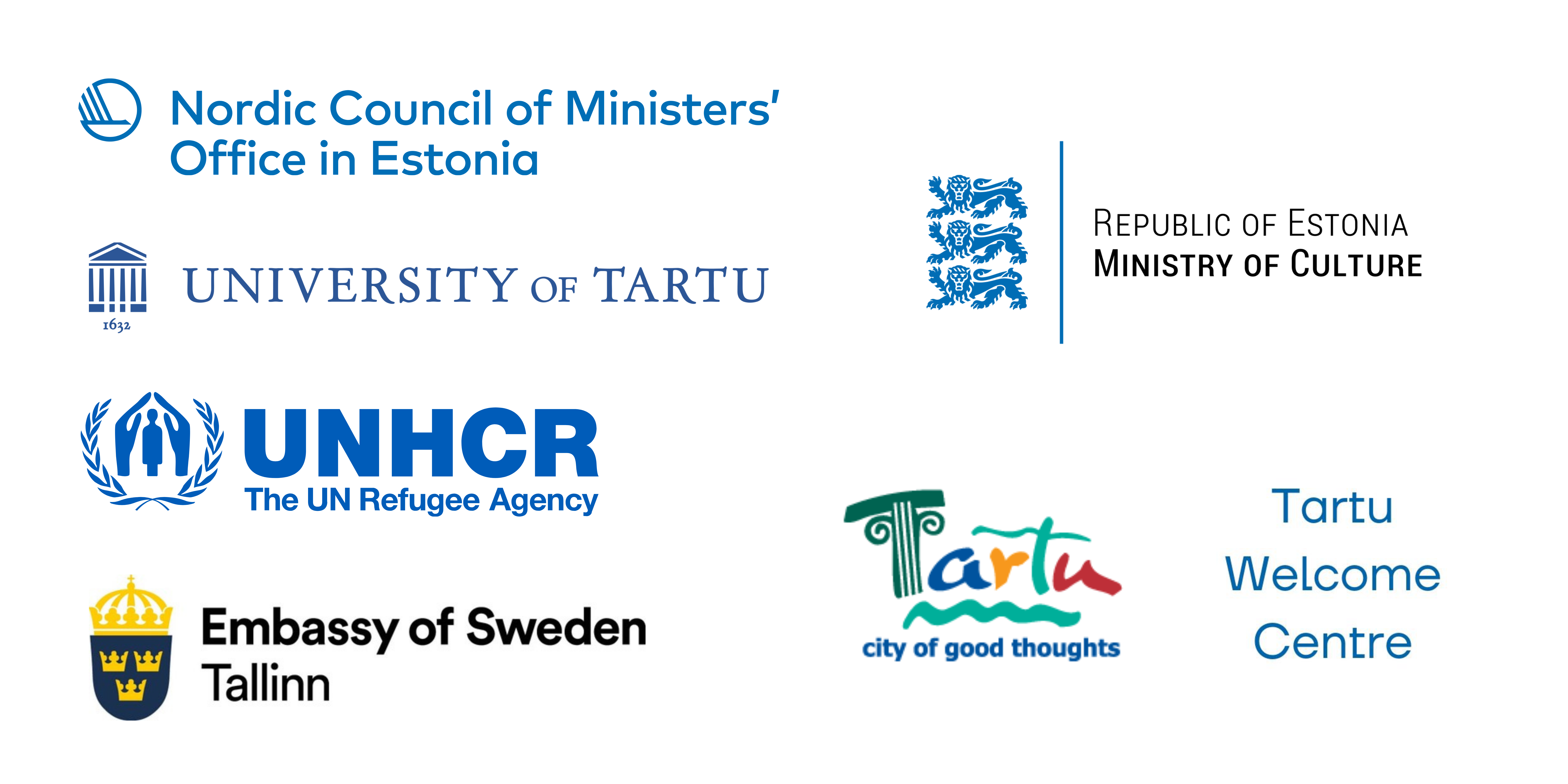Conference speakers

Date: 24 October 2023
Time: 11:00 - 17:00
Venue: KUMU Art Museum of Estonia (Weizenbergi 34/Valge 1, Tallinn) and online (link to be added)
Language: English
* More speakers to be added
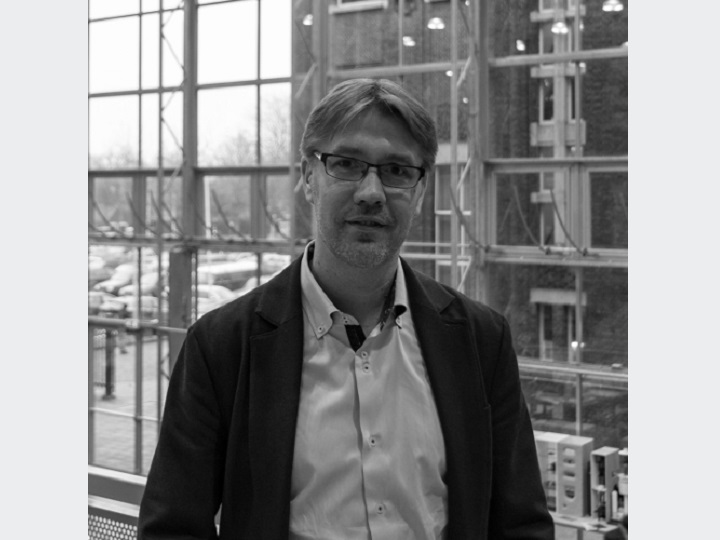
Tiit Tammaru
Professor of the University of Tartu, Academician, Estonia
Tiit Tammaru will be the moderator of the first part of the conference and participates in the discussion "What lessons have we learned by welcoming and integrating Ukrainian refugees".
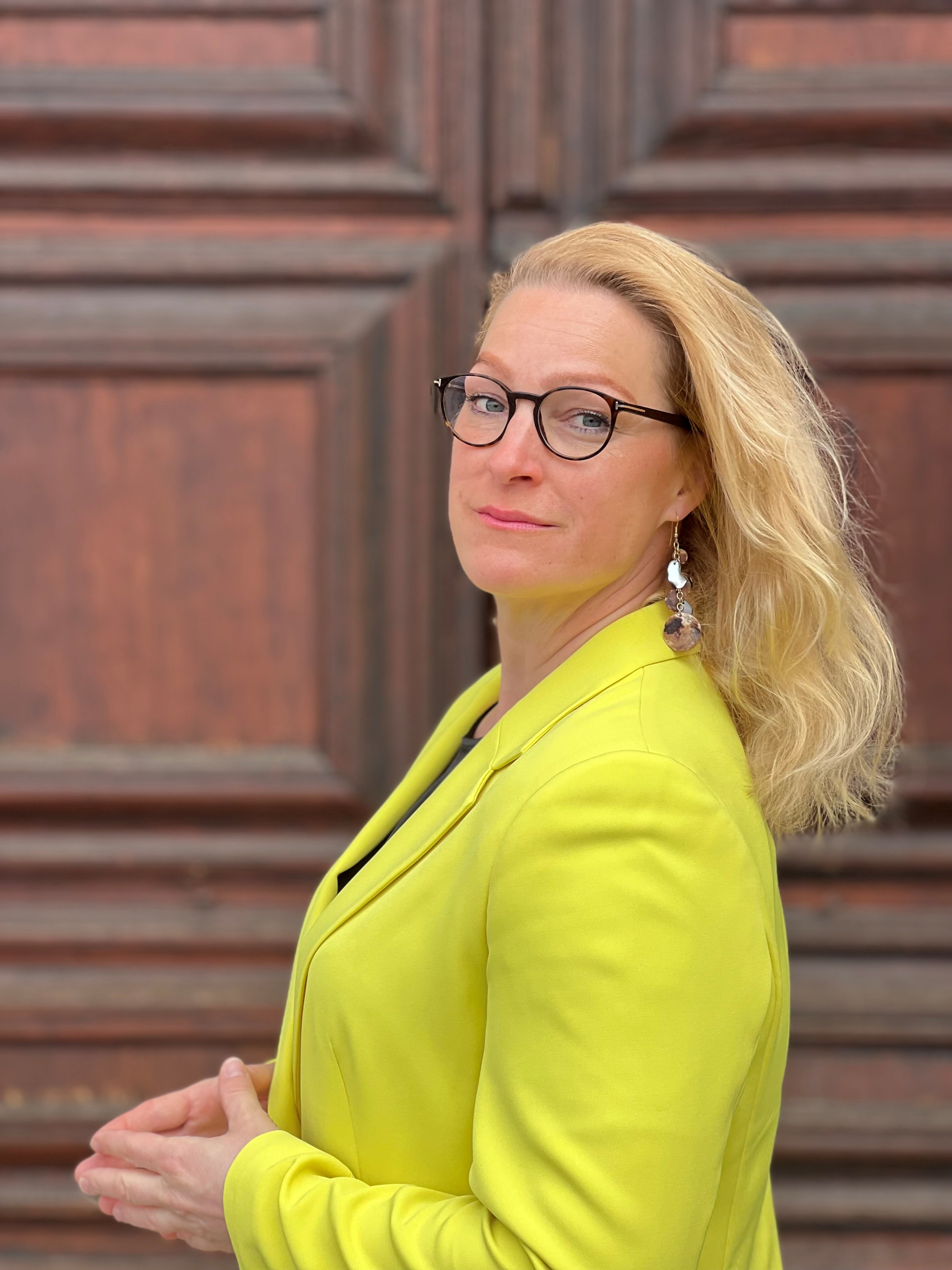
Maria Gratschew
Director of Nordic Council of Ministers' office in Estonia
Maria delivers a welcoming speech.
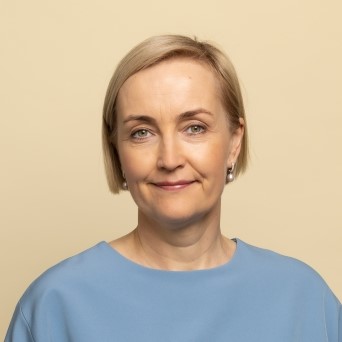
Kristina Kallas
Minister of Education and Research
Kristina Kallas presents a keynote about Estonian school reform.
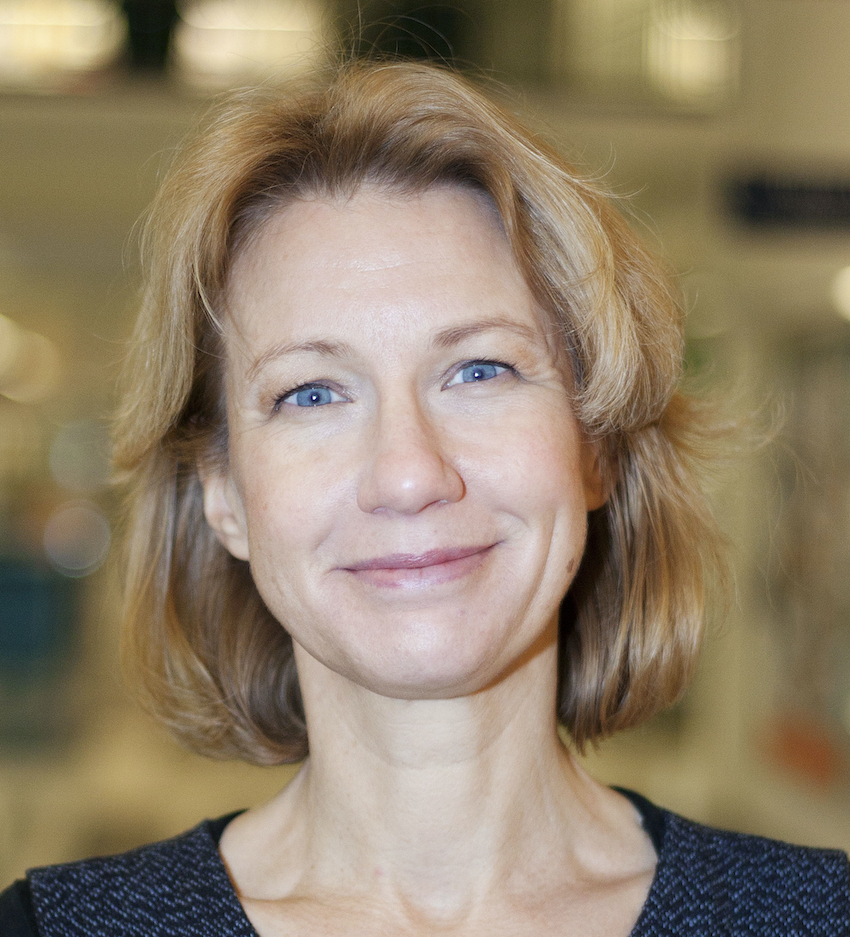
Carina Mood
Professor of Stockholm University, coordinator of the NordForsk project Integrate Youth
Youth of immigrant background have high educational aspirations. In open and flexible educational systems, such as the Nordic ones, these aspirations are allowed to play out. In her talk, Carina will present new research on educational careers of immigrant background youth in Sweden, with some comparative outlooks.
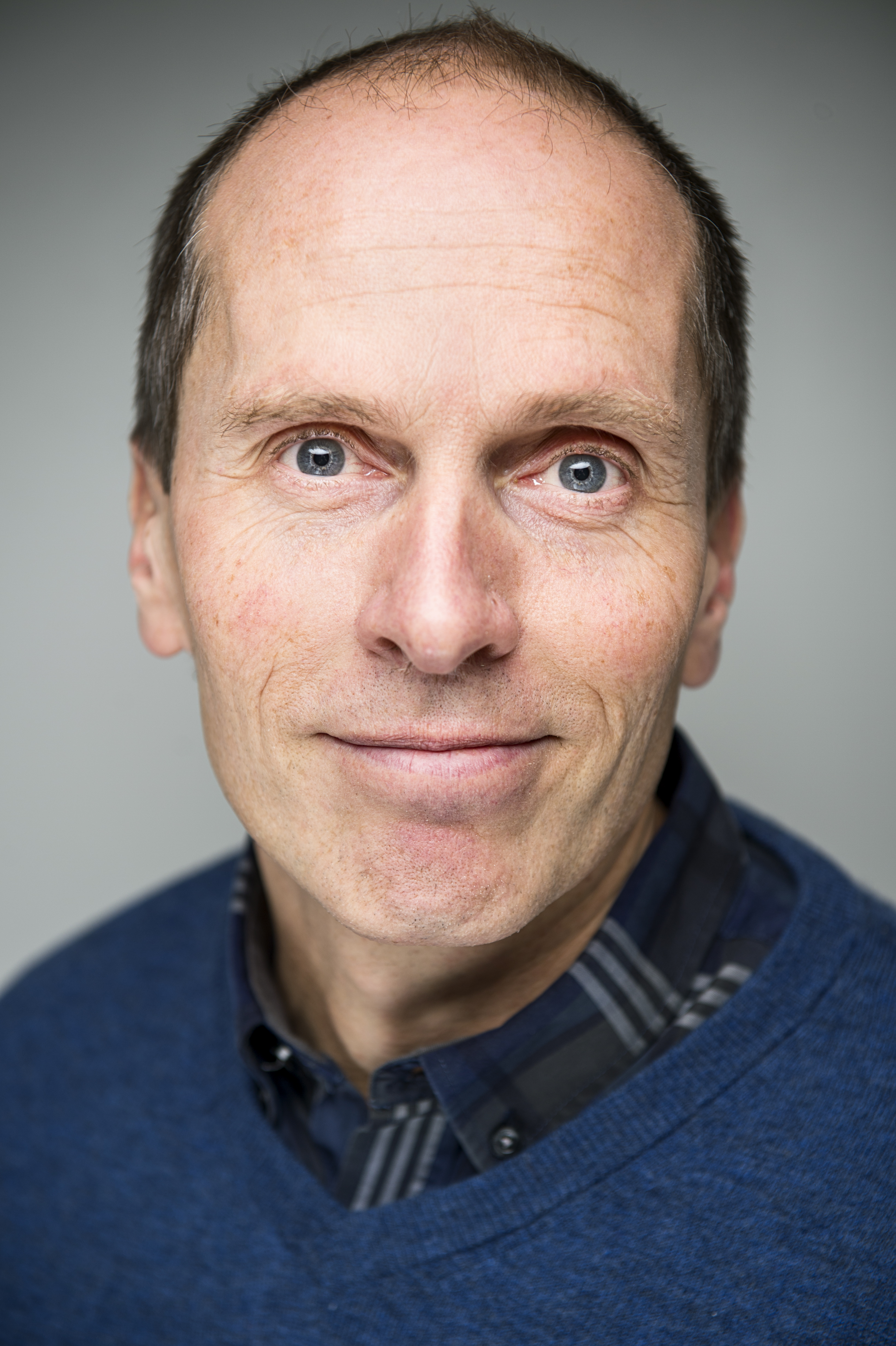
Aadne Aasland
Senior Researcher at the Norwegian Institute for Urban and Regional Research (NIBR), OsloMet – Oslo Metropolitan University
The Nordic countries have chosen somewhat different policies for the integration of Ukrainian refugees. In the presentation Aadne will first describe the differences and their potential implications. He will then look more thoroughly at the Norwegian case, including opportunities and challenges as perceived by Ukrainian refugees themselves.
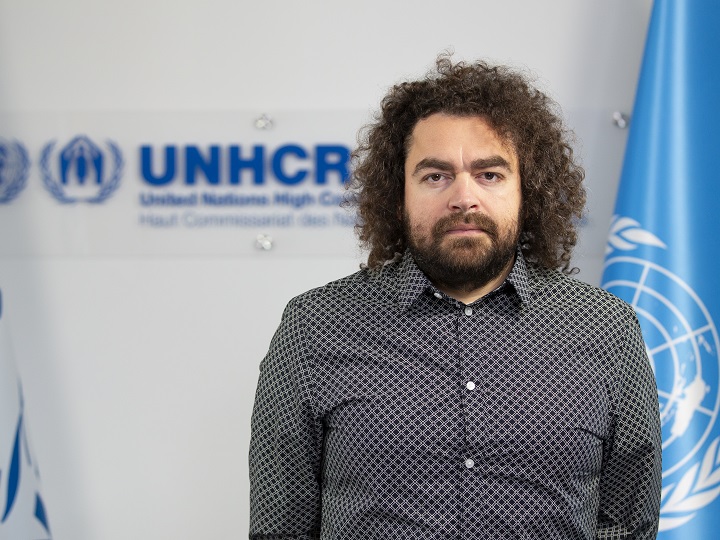
Karolis Zibas
Integration Officer, UNHCR Representation for the Nordic and Baltic Countries, Latvia
Karolis Zibas will be the moderator of the second part of the conference "Integration of Refugees from Ukraine, Local Perspective".
Karolis works as Integration Officer at UNHCR Representation for the Nordic and Baltic Countries. He is leading UNHCR’s integration activities in the region by strengthening partnerships in various integration areas, including socioeconomic inclusion and welcoming societies, labour market and local level integration.
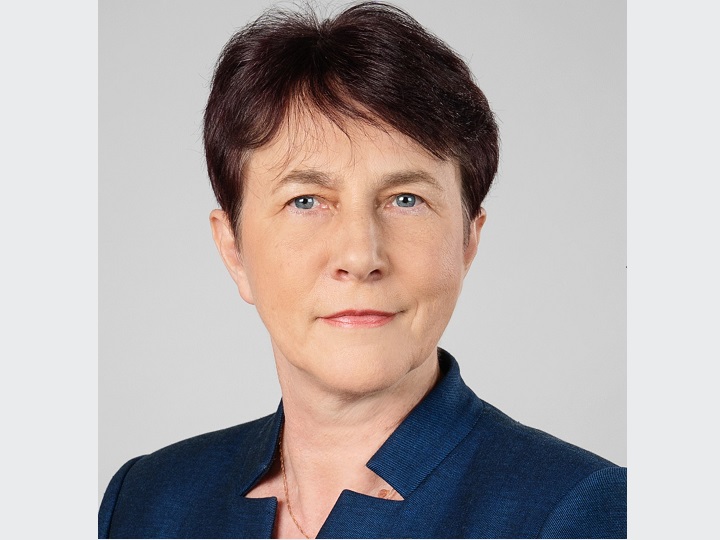
Judite Dobele
Volunteer supporting refugees in Tukums district, Latvia
Judite Dobele will share the experience she has gained during 20 months working as a volunteer with Ukrainian asylum seekers who are fleeing the war and seeking asylum in Latvia. Her particular focus would be on Tukums district.
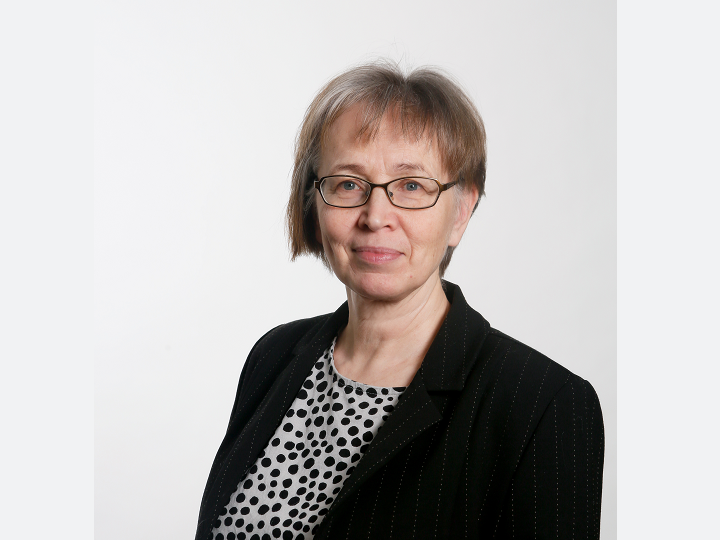
Tuire Palonen
Univeristy of Turku Research Fellow, Department of Teacher Education; NordForsk TEAMS project
Schools can be a vehicle for social mobility and developing a sense of belonging to the local community. Teaching that matters for Migrate Students (TEAMS) -project focuses on teachers’ work within institutional structures, and in relation to other professional and social groups and networks, including students, their families, school colleagues and specialists. The aim is to support migrant students integration in terms of their academic success and cross-cultural socialisation, and a sense of belonging in the school community. Several schools from Finland, Sweden and Scotland have participated in the project.
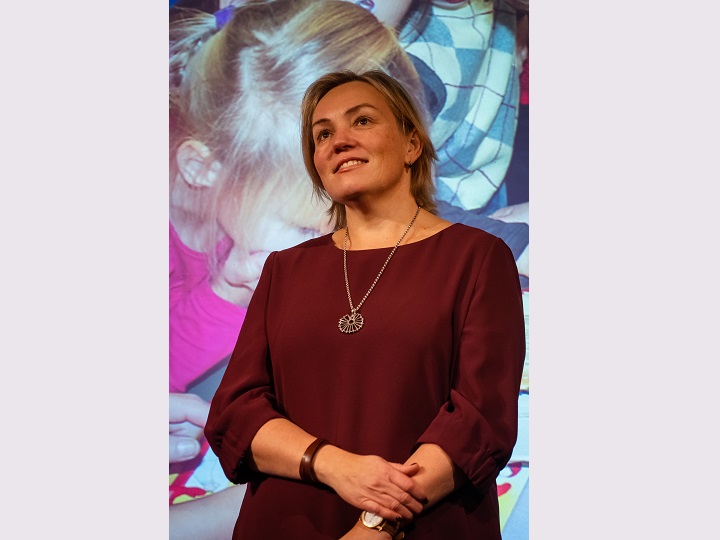
Irene Käosaar
Director of Narva Estonian State Gymnasium
The issue of Estonian-language based education are currently very topical in our society. Next year, the transition to fully Estonian-language based education will begin. But how does Estonian-language based education fare in Narva, a city where only 3% of the population are Estonians? The presentation focuses on the key issues of Estonian-languages based education are tries to answer the question that is important to keep in mind in this region so that Estonian-language based education actually becomes possible.
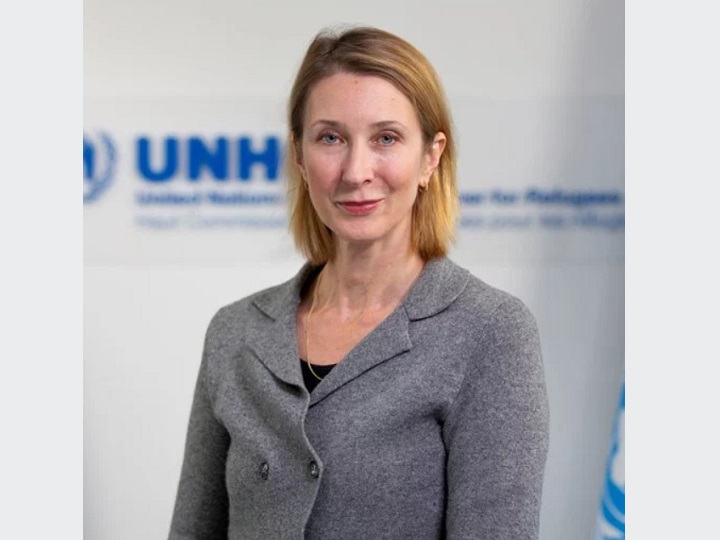
Yolande Ditewig
UNHCR's Deputy Representative in the Nordic and Baltic Countries
Yolande Ditewig will give the opening speech at the conference.
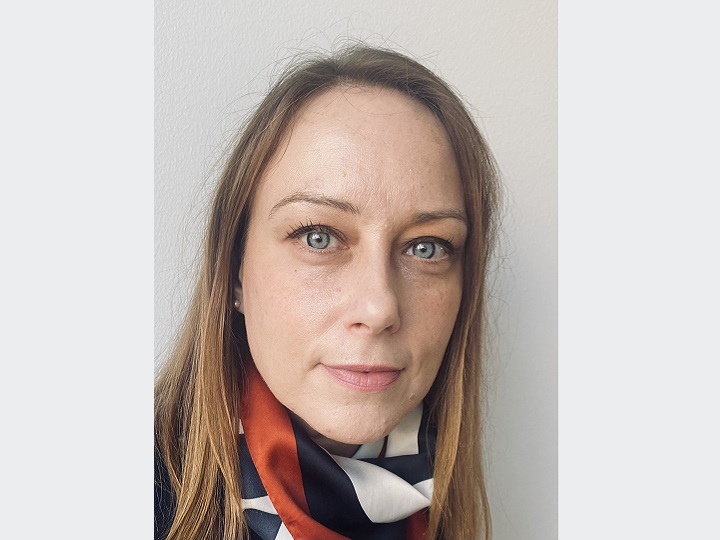
Yuliia Apukhtina
Community Coordinator at Estonian Refugee Council
Worked in public service with youth, helped further programs and projects with migrants, children and youth with disabilities, and children with difficult childhood. Later with PR. But the main activity in Ukraine was work in socially significant projects with vulnerable categories of the population. I came to Estonia 1.5 years ago. I myself am a Ukrainian re-settler and refugee. Community programme focuses on facilitating the integration of refugees in Estonia through protection monitoring, advocacy and a community events. As part of the community programme, we regularly organise group activities, such as men's and women's groups, adaptation clubs, children's camps, and family events. Participating in events and group activities helps support mental well-being, and social and cultural adaptation, creates a sense of belonging, prevents isolation and contributes to further integration. Yuliia is coordinating community activities in eastern part of Estonia. I will tell you about working in the project, personal experience of living in Estonia and examples of adaptation of Ukrainians and problems they face at the moment.
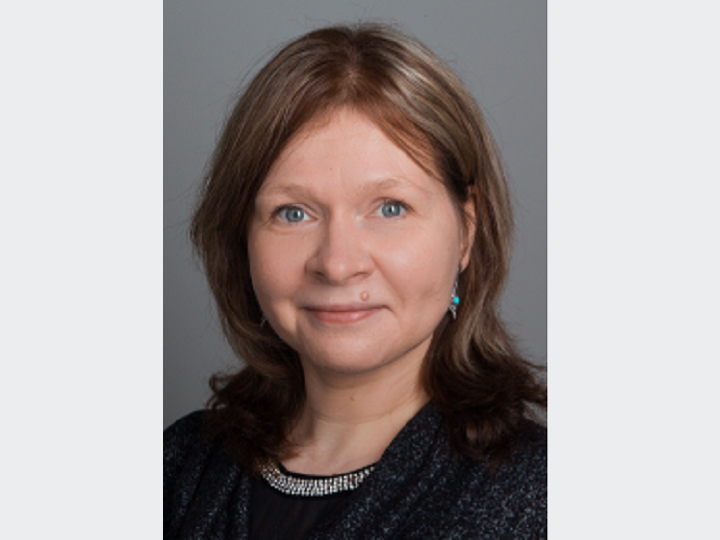
Inta Mierina
Director of the Center for Diaspora and migration research at University of Latvia
Participation in the final discussion panel "What lessons have we learned by welcoming and integrating Ukrainian refugees" with input on differences in the reception of Ukrainian refugees in Latvia compared to other third country migrants - both at the level of policy and civil society - an the lessons learnt.
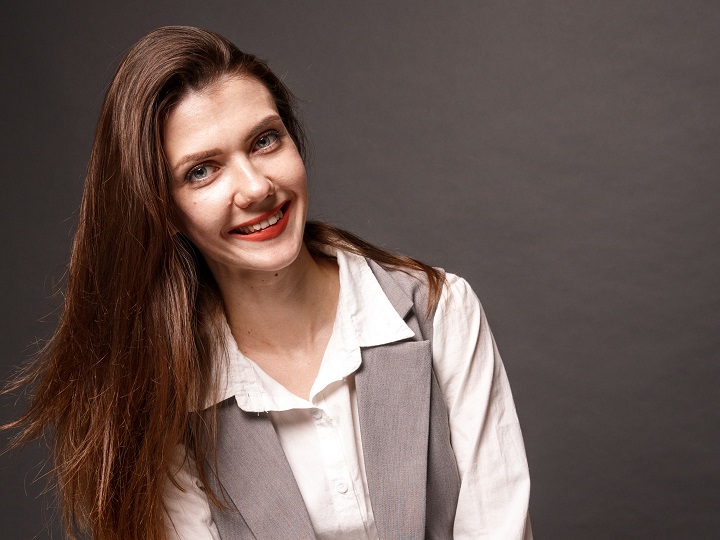
Anna Kotka-Bystedt
Head of Integration Services at Staden Jakobstad
Inclusive Integration in the Jakobstad Region in Finland - from Theory to Action. In the bilingual region of Jakobstad the majority of quota refugees choose Swedish as their first language of integration. We apply the conceptual framework developed by Ager&Strang (2008) in our integration work, which allows for an individual integration path for our clients and customers.
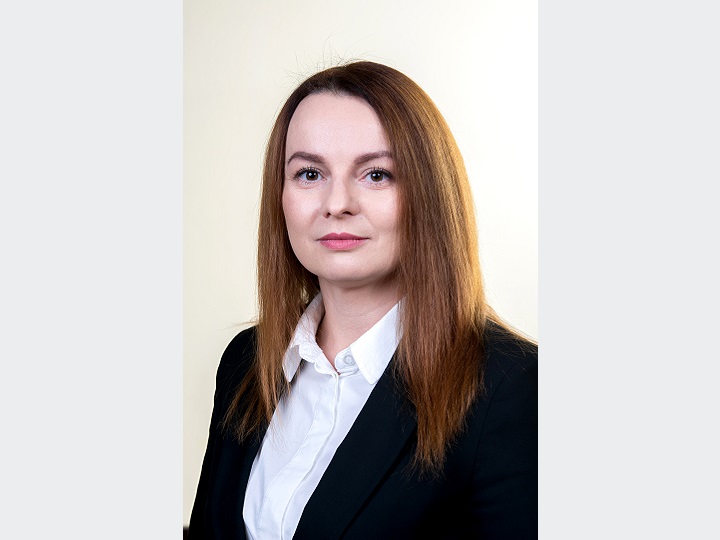
Inga Vismantienė
Vice Mayor of Akmenė District Municipality, Lithuania
Inga Vismantienė will be sharing the Lithuanian experience and municipal response to welcome and integrate Ukrainian refugees in Akmenė District municipality.
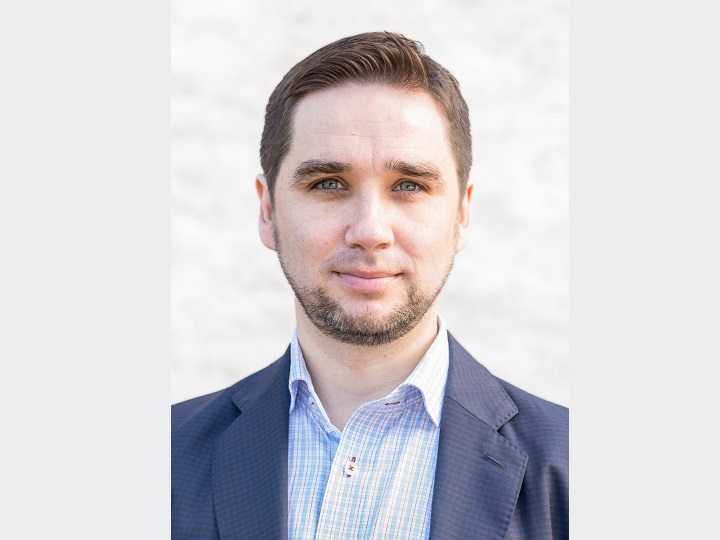
Janno Järve
Senior Researcher at CentAR, RITA project
I will present findings from a collaborative research project on Ukrainian war refugees in Estonia, funded by the RITA programme and undertaken by RAKE, PRAXIS, and CentAR. Our analysis aims to elucidate the challenges and circumstances faced by these refugees, relying on register data and a survey conducted in the fourth quarter of 2022.
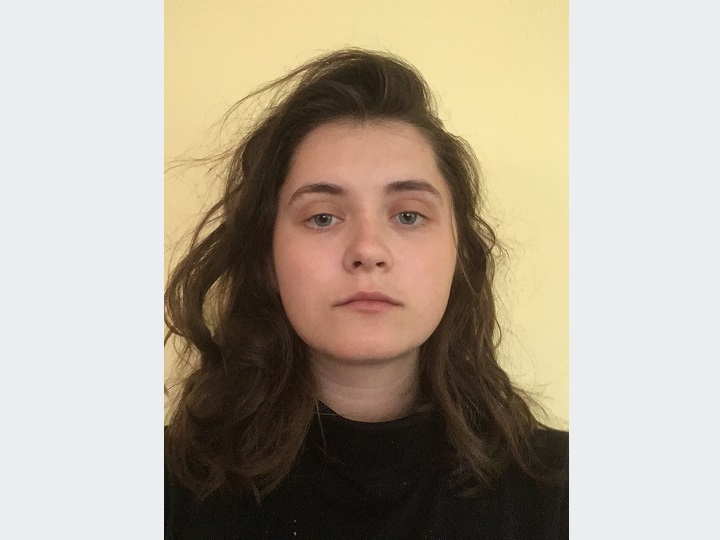
Dārta Pelse
Policy Analyst at Providus, Latvia
A short introduction on what the Law on Assistance to Ukrainian Civilians has changed in regard to integration system in Latvia. Preliminary data on assessment of the reception of Ukrainian civilians in Latvian municipalities.
